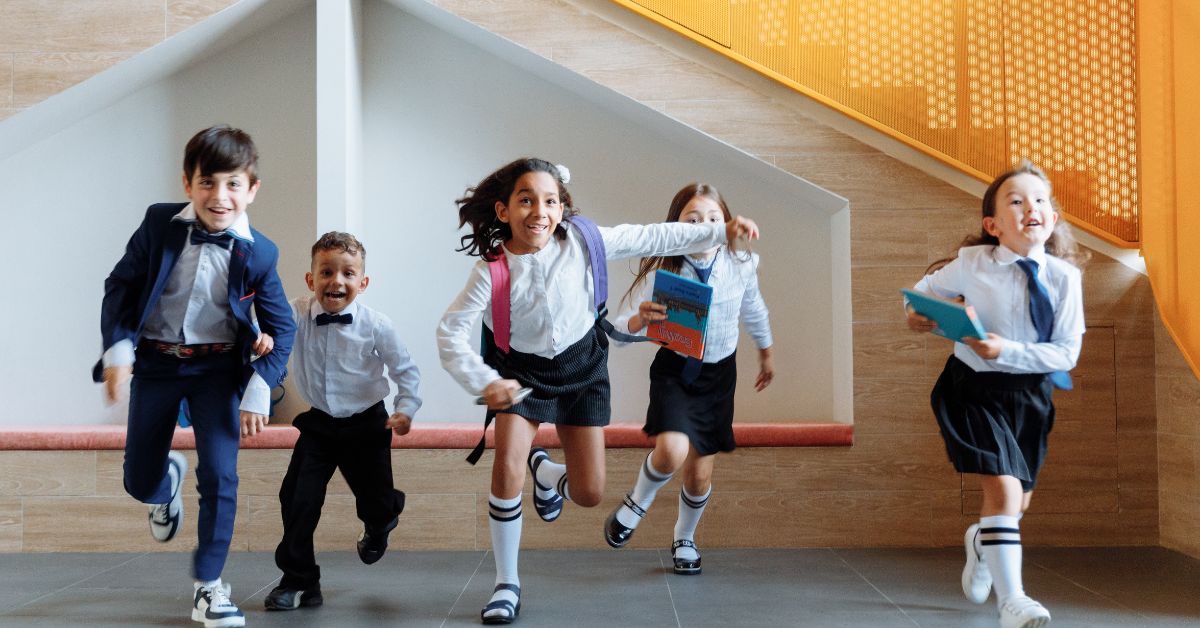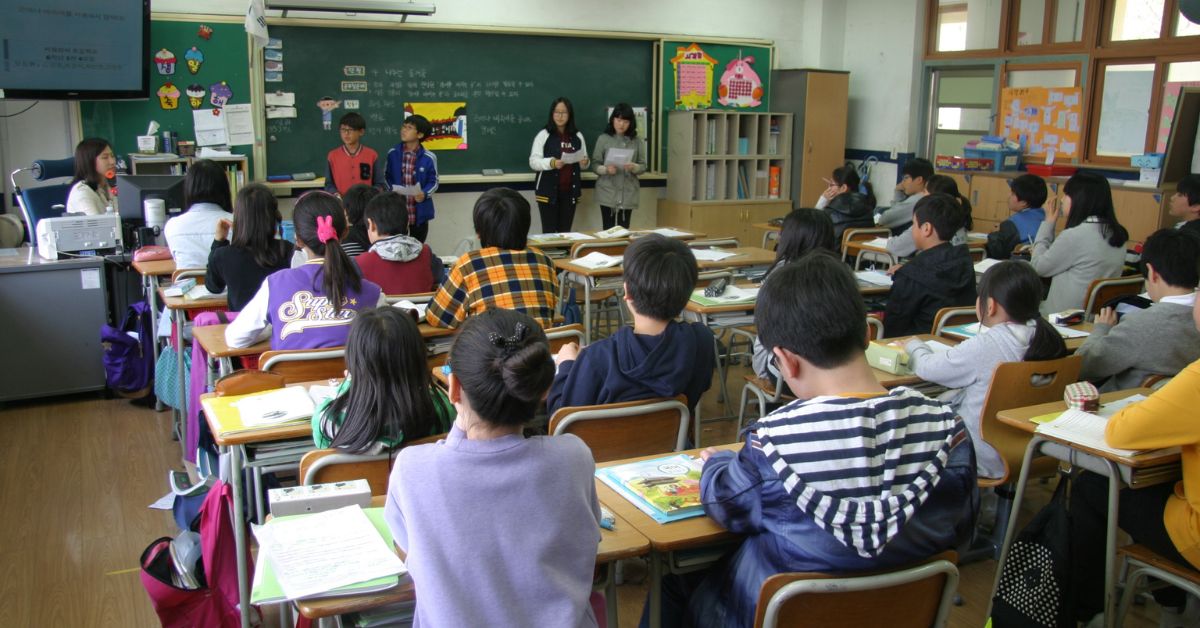From smart tutoring systems to AI-generated lesson plans, artificial intelligence is rapidly reshaping the world of education. But as AI tools become more advanced and widely adopted, one pressing question keeps surfacing:
Can AI in education replace human teachers?
It’s a debate that’s sparking concern and curiosity in equal measure. While some hail AI as the future of personalized learning, others warn against removing the human element from education. So what do the experts say?
Let’s explore both sides of this technological tug-of-war.
What Is AI in Education?
AI in education refers to the use of artificial intelligence technologies to enhance teaching, learning, and administration. This can include:
- Virtual tutors or chatbots answering student questions
- AI-powered grading and feedback systems
- Personalized learning platforms that adapt to individual progress
- Predictive analytics for identifying at-risk students
- Automated lesson planning and content creation
The goal? To make education smarter, faster, and more accessible.
The Case for AI in the Classroom
AI advocates highlight several powerful advantages:
1. Personalized Learning at Scale
AI can adapt in real time to each student’s learning style, pace, and needs—something that’s nearly impossible for one teacher to do in a crowded classroom.
2. Instant Feedback
With AI tools, students can get immediate responses to quizzes or writing assignments, helping them correct mistakes and improve quickly.
3. Teacher Support, Not Replacement
Rather than replacing educators, many AI systems are designed to free up teachers’ time by automating repetitive tasks like grading or attendance.
“AI can be the teacher’s assistant, not their replacement,” says Dr. Mona Patel, an edtech researcher.
Where AI Falls Short?
Despite the hype, experts are quick to point out the limitations of AI in education:
1. No Emotional Intelligence
AI can’t build relationships, sense when a student is struggling emotionally, or inspire learners with a passionate lecture. These human connections are key to student success.
2. Equity Concerns
AI relies on data—and biased or incomplete data can reinforce existing inequalities. Not all students have access to reliable tech or internet either.
3. Creativity and Critical Thinking
While AI excels at facts and patterns, it doesn’t nurture creativity, empathy, or social learning—the very things human teachers specialize in.
What Experts Really Think?
Here’s a snapshot of what leading education experts say about the future of AI in education:
| Expert | Opinion Summary |
|---|---|
| Dr. Linda Xu (Harvard) | “AI can personalize instruction but will never replace a caring mentor.” |
| Prof. Raj Mehta (Stanford) | “In 10 years, every classroom will use AI—but teachers will still lead.” |
| Kendra Wells (EdTech CEO) | “The question isn’t replacement—it’s partnership.” |
Will AI Replace Teachers? Probably Not—But It Will Redefine Their Role
Instead of asking “Will AI replace teachers?”, the better question might be:
“How will AI change what it means to be a teacher?”
In tomorrow’s classroom, teachers may spend less time lecturing and more time coaching, mentoring, and guiding students through personalized, AI-powered learning journeys.
Conclusion: The Human Touch Still Matters
AI is here to stay—and it’s already transforming how students learn. But when it comes to connection, empathy, and real-world mentorship, human teachers remain irreplaceable.
As we look ahead, the most powerful classrooms won’t choose between AI and teachers. They’ll combine both to create something greater than either could offer alone.








